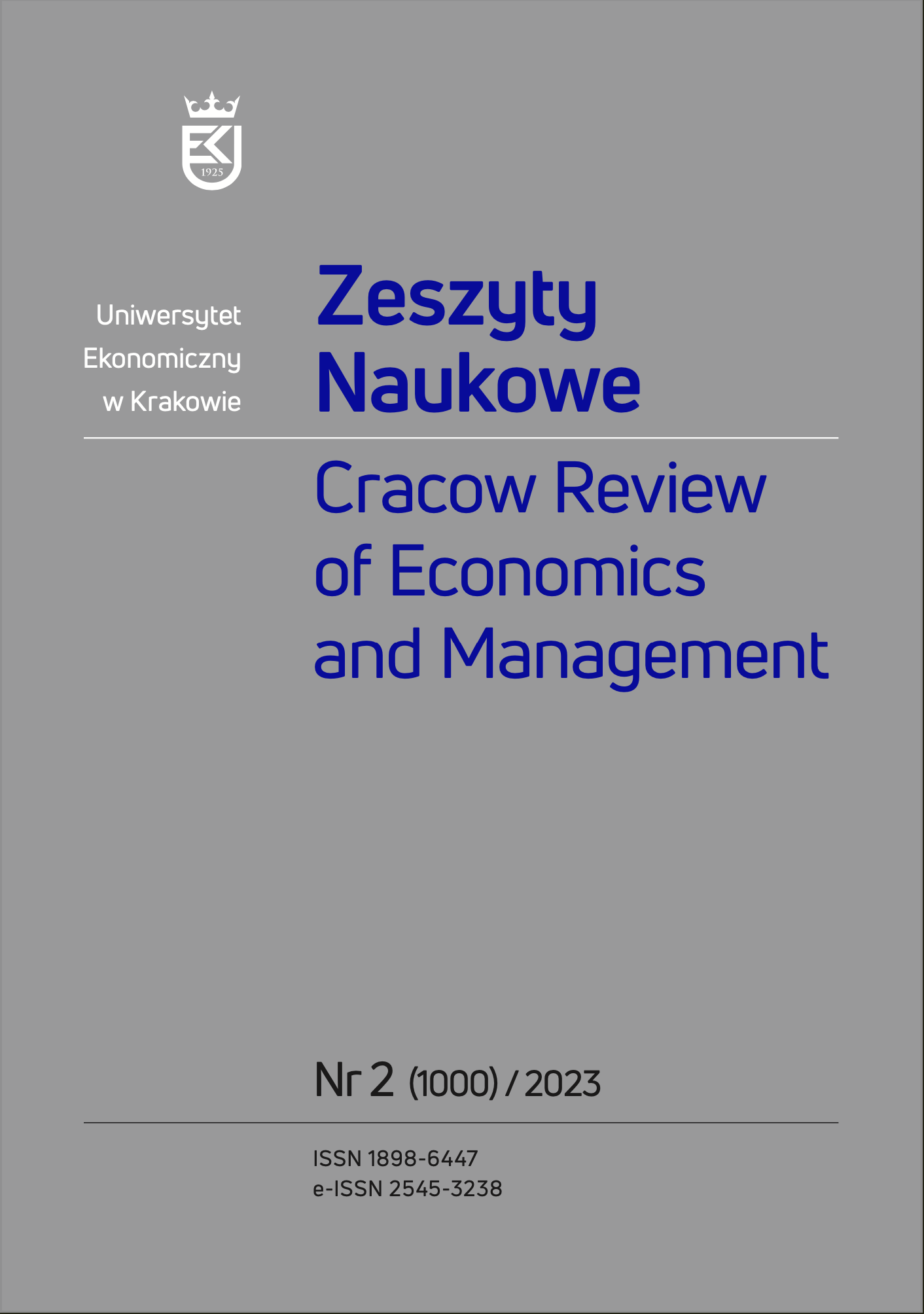Stimulants of and Barriers to Co-operation between Entrepreneurs and Research Entities Engaging in Innovative Projects
Stimulants of and Barriers to Co-operation between Entrepreneurs and Research Entities Engaging in Innovative Projects
Author(s): Bartłomiej Nita, Piotr OleksykSubject(s): Business Economy / Management, State/Government and Education, Socio-Economic Research
Published by: Wydawnictwo Uniwersytetu Ekonomicznego w Krakowie
Keywords: research and development activities; commercialisation of R&D; co-operation between research institutions and business; innovation;
Summary/Abstract: Objective: The aim of this paper is to identify the most important factors supporting and hindering co-operation between entrepreneurs and research entities engaging in innovative projects. Co-operation is aimed at generating technical, IT, or process innovations, while the most common partners of choice for entrepreneurs are research entities that are part of universities. Decisions concerning such co-operation should be based on three key factors: analysis of the company’s potential, forecasting of future possible outcomes and information on funding opportunities. These assumptions are the basis for diagnosing the barriers that lead to the abandonment of co-operation. Factors that facilitate such co-operation are also identified.Research Design & Methods: A survey was conducted among business entities engaged in manufacturing and service activities with high and medium-high technologies from the Lower Silesian Voivodship. The most important factors limiting and supporting the propensity for research collaboration were then analysed with the use of descriptive statistics and statistical inference (Fisher’s test).Findings: The research identifies barriers that should be neutralised in order to develop research co-operation between enterprises and universities. Paths to facilitating co-operation that could be developed by local and central authorities are also indicated. Implications/Recommendations: An uncomplicated model co-operation agreement binding both parties in partnership should be developed. Attitudes in academia towards co-operation with business need to be radically changed, because researchers are primarily motivated to publish high-scoring publications in reputable journals instead of co-operating with business. Unlike researchers, entrepreneurs’ main motivation is to quickly generate cash flow. Neither side focuses on developing unique high-end innovations in co-operation with one another. There is a lack of commercialisation-oriented interaction between research entities and business. Statistical studies reveal a need for research entities to embrace the principles of business. Helping them do so will allow for the development of effective research co-operation.Contribution: The article is intended to broaden the knowledge of the current state of co-operation between entrepreneurs and scientific institutions and to lay out recommendations for developing research co-operation.Article type: original article.
Journal: Zeszyty Naukowe Uniwersytetu Ekonomicznego w Krakowie
- Issue Year: 1000/2023
- Issue No: 2
- Page Range: 51-69
- Page Count: 19
- Language: English

